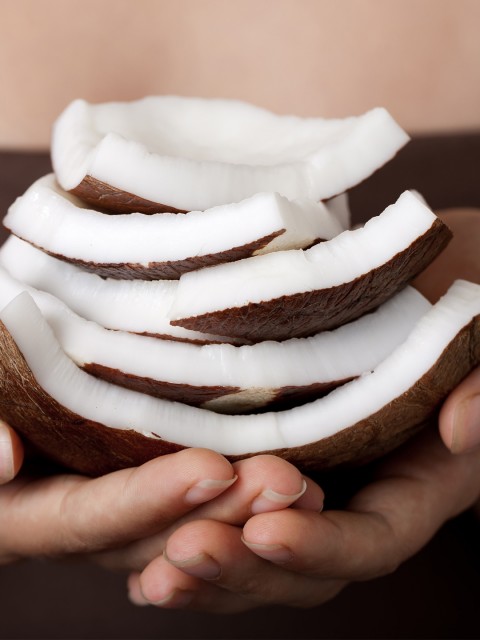This aromatic herb thyme, you first smell and then see. It can be found in Europe, Asia and in the US.
Thyme (Thymus vulgaris) has been used as a cooking spice and as a medicine since the Middle Age. As a medicine thyme is used to treat coughs, bronchitis, asthma, gout, stomach pains, arthrosclerosis, hypertension and some common infections.
Thyme is native of dry, stony places on Mediterranean coasts, but it can be also found in other countries, both warm and cold. The name thyme is from the Greek word thyo, or sacrifice.
Thyme Uses
There are an astonishing number of aromatic thyme species – approximately 350 thyme species, with different fragrances and flavors. The leaves are used fresh and dried or extracted.
- Thymus vulgaris is the common culinary thyme. The leaves are tiny, narrow and very aromatic.
- Lemon thyme (T. x citrodorus) has bushy green plants ideal for fish or chicken dishes. It has a pleasant warm aroma.
- Winter-flowering thyme (T. hyemalis) looks like a small gray bush, harvested for commercial dried thyme and essential oil.
- Woolly thyme (T. pseudolonuginosis) has soft, gray foliage.
Thyme (T. vulgaris) benefits
Thyme has anti-inflammatory, antimicrobial properties, anthelmintic and astringent activity, carminative, laxative, stomachic, tonic, antitussive and antispasmodic effects. It also has high content of essential oil. This is an excellent plant for treating respiratory conditions such as colds and flu. Other benefits:
- Treats bronchitis, laryngitis, asthma, tonsillitis and other respiratory problems (it has ability to thin mucus in the lungs, making it easier to expel)
- Treats common cold
- Treats chronic bronchitis in combination with other herbs
- Helps with diarrhea, gastritis and dyspepsia
- Used for infections in minor wounds
- Used as an aid in labor delivery
- Promotes menstruation
- Useful in treating enuresis in children
- Has a muscle relaxant effect
- Reduces fever, headache and mucus
- Eliminates scalp itching caused by candidiasis
Please note: Dried herb is considered to be safe. However, thyme should not be used if pregnant. Also, it should not be taken more than 1-3 g of dried leaf daily and for more than three weeks at a time as thyme can be toxic in large quantities.
Myth and Folklore: Thyme is carried in order to give energy and courage before having a job interview. According to folklore, if you have a garden full of thyme, it will attract fairies.
